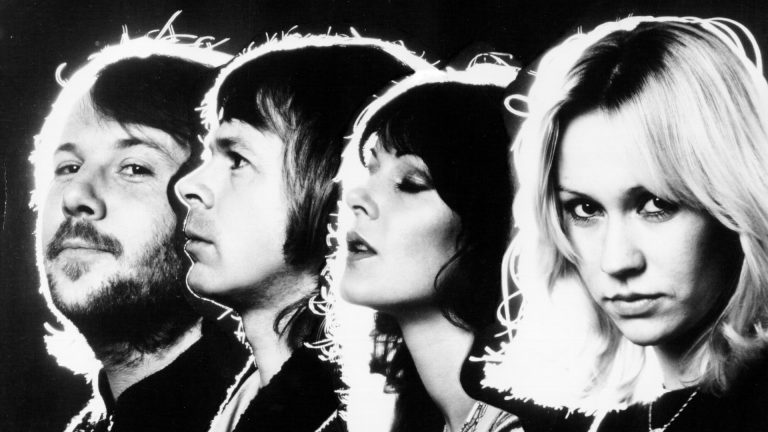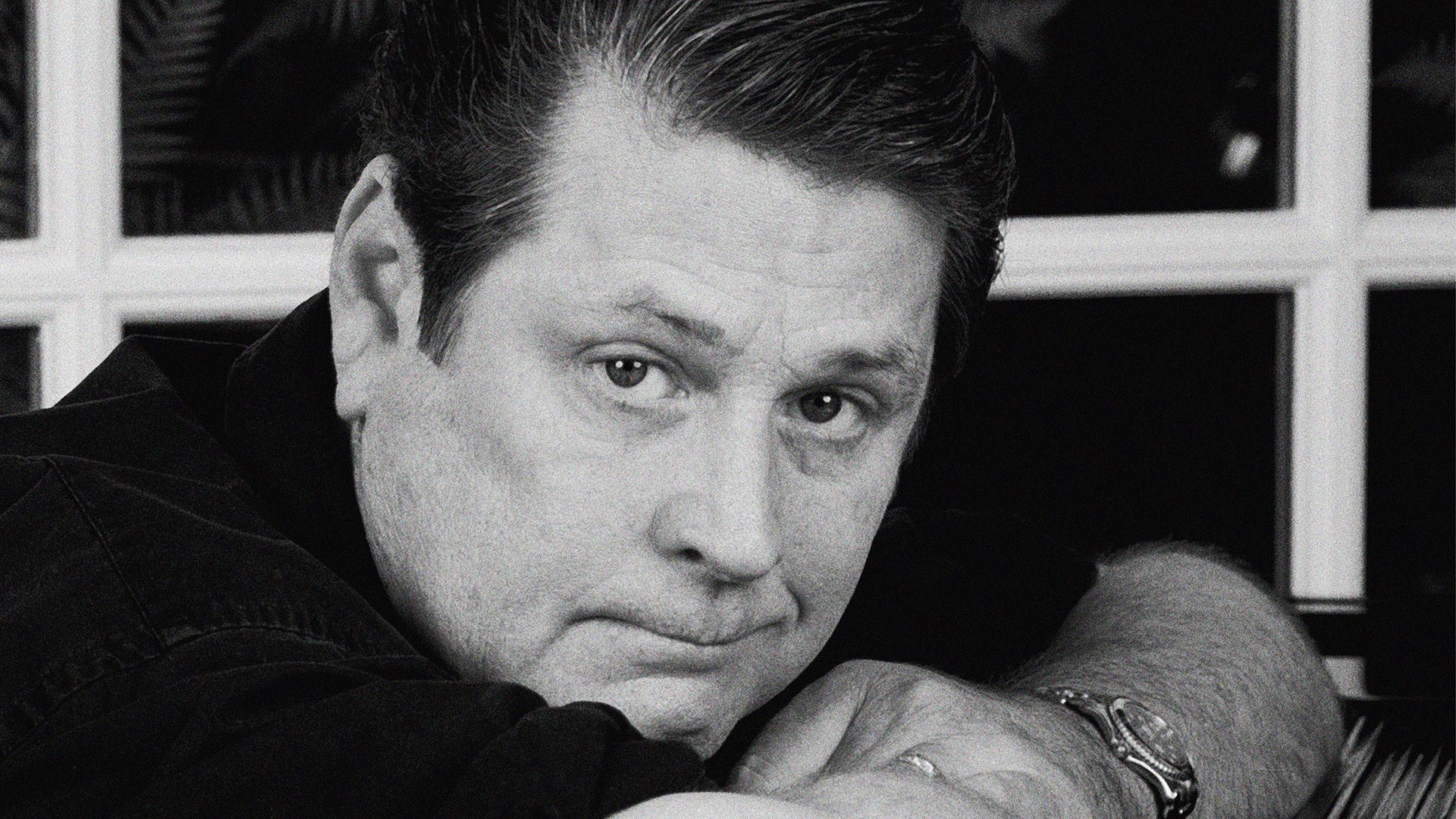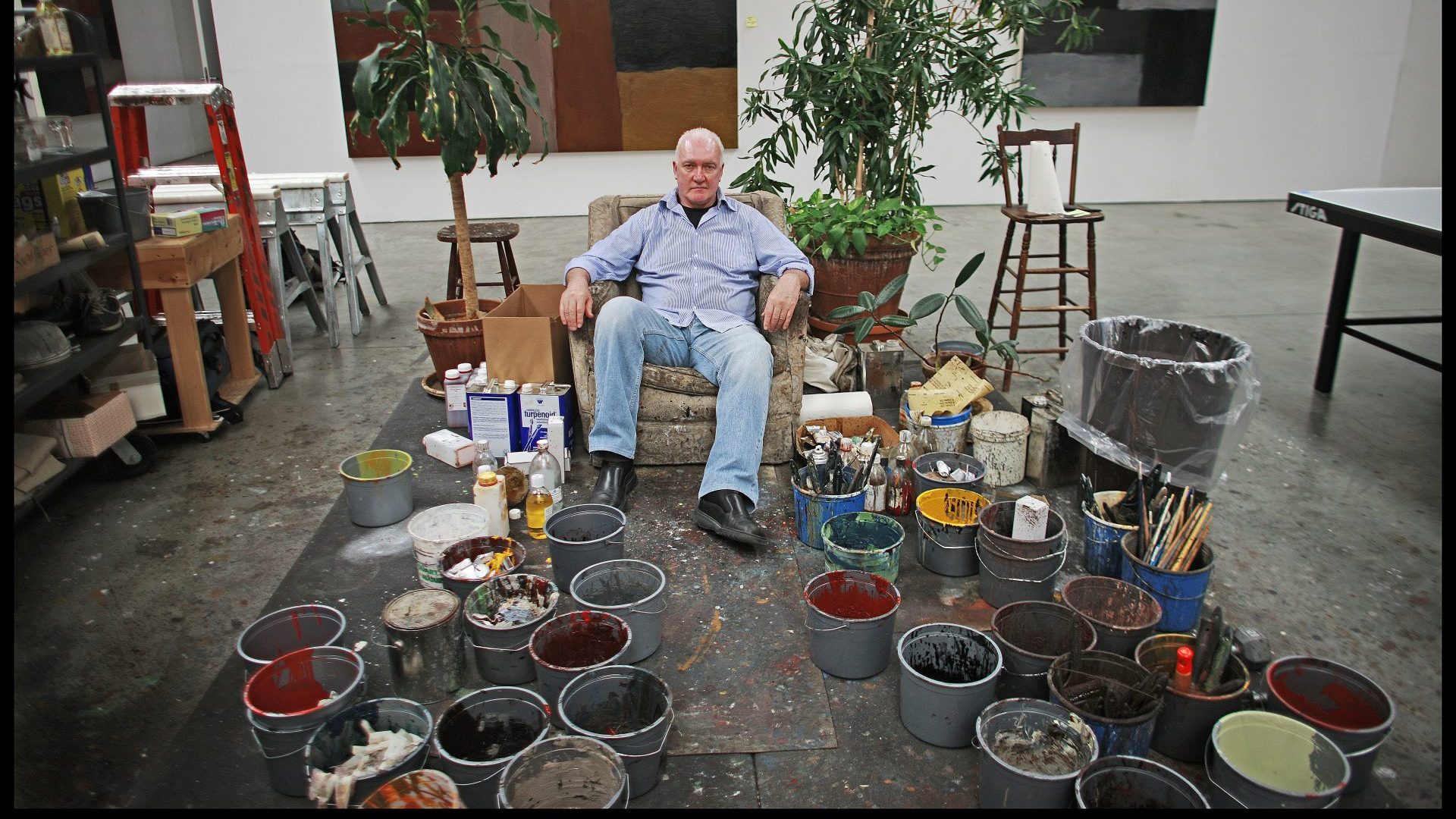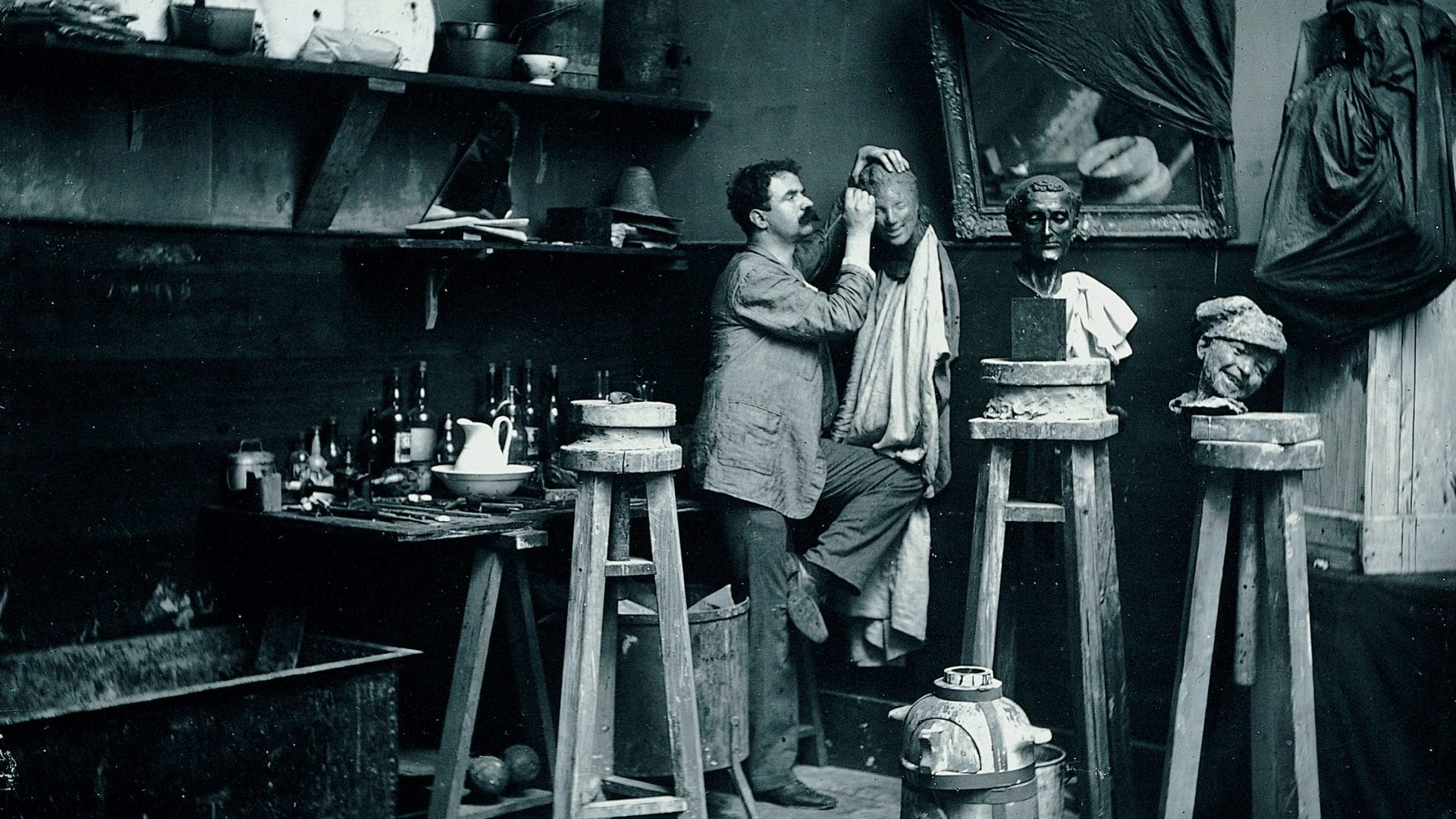The Beach Boys’ California Girls was all over the airwaves on the hot afternoon in August 1965 that 21-year-old black American Marquette Frye was pulled over by Los Angeles police. As Frye’s mother arrived on the scene and the two began to resist arrest, he was hit in the face with a baton in front of a growing, increasingly enraged crowd.
The Watts neighbourhood of LA exploded in a six-day riot, the National Guard was called in, and 34 people were killed. It was the worst violence the city would see until the beating of Rodney King by four LAPD officers in 1992 acted as a similar catalyst in bringing long-held resentment bubbling to the surface.
California Girls was the culmination of the Beach Boys’ dogged portrayal of California as a utopia of golden sands, glittering surf and carefree youth (the state had been a place with special status in the American imagination ever since the Gold Rush, a magnifying mirror of the preoccupations of the wider US, with Hollywood reflecting an idealised image of America back at itself). Brian Wilson, who died in LA on June 11, just a few days before his 83rd birthday, considered it to be the best song he ever wrote.
But as Watts erupted, it was clear that this was a utopia barred to certain sections of society, and poverty and racial injustice festered right in the midst of the place the Beach Boys lionised, and the riots were a portent of disasters ahead. Sixty years on, there is unrest on the streets of LA once again.
Wilson’s death has coincided with ICE and the National Guard swarming into the city in an attack both on California’s huge immigrant population – a constituent part of the fabric of its society – and the state’s very identity as a promised land for incomers. California governor Gavin Newsom has called this provocation by Donald Trump “a serious and profound moment in American history”, and Wilson’s death occurring at the very same moment means it has taken on a symbolism well beyond the confines of music.
Suggested Reading

The joy of the gig getaway
The Beach Boys had been singing about California, Californian kids and, of course, surfing, for two and a half years by the time California Girls appeared. Surfin’ USA vividly described the stereotypical surfer dude in his “baggies”, huarache Mexican sandals, and with his “bushy bushy blond hairdo”, making an immortal contribution to the popular cultural lore of the Golden State. I Get Around, with its celebration of ‘making real good bread’, drew on the American Dream’s promise of disposable income and leisure, and portrayed California as the ultimate manifestation of that dream – a place of freedom and perpetual good living.
California Girls, with no other theme than ‘the cutest girls in the world’, had a heavily intoxicating level of pop purity, and other Beach Boys hits had been no less simplistic – while Fun, Fun, Fun was girls, cars and ditching school, Surfin’ USA was ditching school and going to the beach.
In the wake of Watts, Mike Love, who had co-written California Girls, fully recognised this naivety, and agonised over whether the band should be reflecting the troubled times, but he stuck to his conviction that their music was ‘“a way to lift spirits, to bring people together, to offer them an escape”. Perhaps he was right – California Girls peaked at No. 3 before the month was out, while the residents of Watts were still repairing the damage.
But still Love acknowledged that, while the Beach Boys had always tried to create ‘a sonic oasis’ with their music, after Watts that oasis “turned into a besieged refuge”, and Wilson was already taking a new direction, having begun work on Pet Sounds in July 1965. It was an album which took a ‘coming of age’ lyrical turn and replaced their former exuberance with introspection. The alienation and loneliness of I Just Wasn’t Made for These Times was a particularly notable change in tone, Wilson’s first experience of LSD in the spring of 1965 having changed his internal world forever.
Just as 1965 was a year of upheaval for the band and for their home state, so it was for America as a whole. The year sounded the death knell of American youth as the deployment of troops to Vietnam dramatically increased from that summer (Wilson was saved from the draft by virtue of being deaf in one ear). The conflict would be central to the political and social turmoil of the rest of the decade, which spilled into the next and culminated in defeat in Vietnam, and corruption and instability at the very top of government with Watergate.
Suggested Reading

Why ABBA still eludes us
If America was ailing by the mid-1970s, the Californian dream was well and truly dead, its decline parallelled by Brian Wilson’s complete descent into drugs, madness and creative inertia. The Manson Family killings in LA in the summer of 1969 stood for the end of the idealism of the West Coast counterculture, and the Beach Boys’ shift to overt social commentary on 1971’s ironically titled Surf’s Up was final confirmation that the carefree days were over.
If Watts foreshadowed decline, what might the current unrest in LA mean in years to come, and what future for California and the nation it is a mirror of? In the grip of economic and demographic decline, the state is no longer a place of easy living, with the highest poverty rate in the country and housing costs that are astronomical. It has the highest top tax rate in America which, along with its reputation as place full of soft showbiz liberals, has made it a target for the political right (Texas senator Ted Cruz famously identified California with “tofu and silicon and dyed hair”), which now seems to be entering its end game in the ICE crackdown.
If California is dying, Donald Trump is expediting that death. As climate change makes drought an intractable problem and contributes to more frequent and more destructive wildfires – those in January burnt through 57,000 acres and saw Wilson himself evacuated from his Beverly Hills estate – Trump’s sacking of federal employees working on climate change initiatives and executive order freezing funding for conservation of the Colorado River basin which supplies the West Coast with water, hits California hard.
“California is America fast-forward,” sociologist Manuel Pastor of the University of Southern California has written, and the state’s demise may anticipate the whole nation’s – the death of the American Dream – under the malice, mismanagement and madness of Trump’s second term.
For many people, Brian Wilson was an almost sacred figure. He was martyr who sacrificed his mind to his art, but his child-like manner, and his songs that were the greatest expressions of youthful innocence that pop has ever seen, meant that he was not only the patron saint of California life, but of the teenager, channelling love and hope of a purity that can only exist in adolescence.
Wilson considered California Girls in particular to be his “hymn to youth” – utterly unselfconsciously optimistic and sung in harmonies of unalloyed joy – and he had a fully religious conception of his work, saying “It all starts with religion… I simply believe in the power of the spirit and in the manifestation of this in the goodness of people.”
As his death has come at the moment that America is eating itself in his beloved home state, Wilson’s loss mirrors the loss of the American utopia – and perhaps the death of innocence itself




